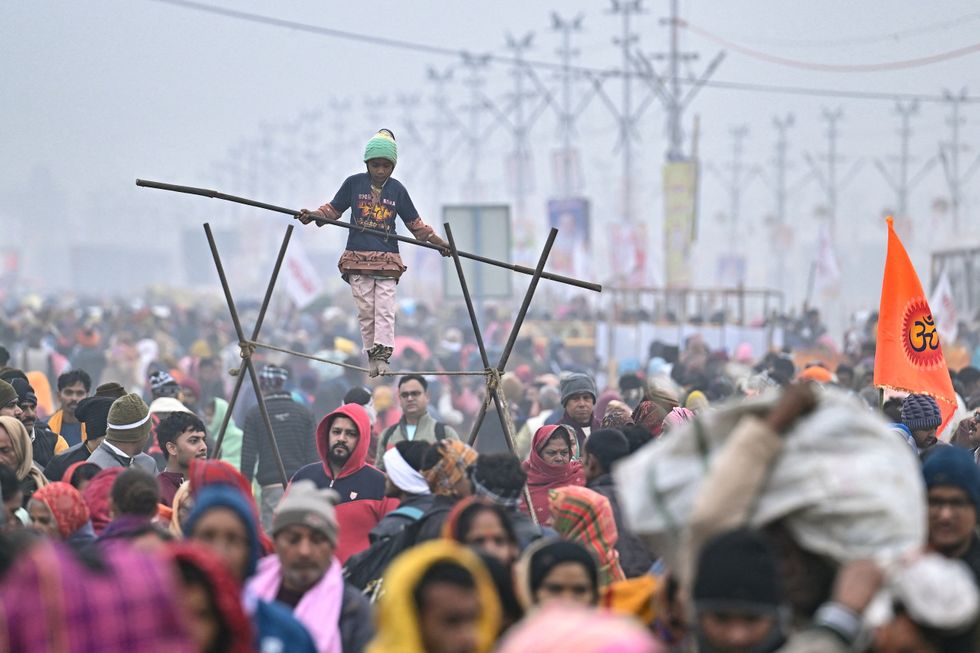India's minister for food processing resigned on Thursday (17) over her opposition to planned laws to allow farmers to sell produce directly to bulk buyers and make contract farming easier, saying the legislation will hurt millions of the country's farmers.
"Proud to stand with farmers as their daughter and sister," Harsimrat Kaur Badal said in a tweet after tendering her resignation.
Prime minister Narendra Modi's cabinet plans to make permanent three emergency executive orders introduced in June, which it says are aimed at giving farmers' the freedom to sell directly to institutional buyers such as big trading houses, large retailers and food processors.
Many farmer organisations agree that the new laws will remove an impediment to selling directly to big buyers such as Wal-Mart Stores and Tesco, but oppose the legislation because they say that producers will be left with no bargaining power.
The laws also remove farm goods from the list of essential commodities and provide a framework for contract farming.
Badal was the only representative in cabinet from the Shiromani Akali Dal, an ally of Modi's ruling Bharatiya Janata Party (BJP).
She termed the three bills as "anti-farmer" in her tweet.
Badal's party has a strong base in the northern state of Punjab, one of India's two bread basket states, where farmers form an influential voting bloc.
Modi's BJP enjoys an overwhelming majority in parliament, and the Shiromani Akali Dal hasn't made it clear whether it would pull out of the ruling coalition.
Both houses of parliament still need to approve making the bills permanent.
India's main opposition Congress party has also criticised Modi's government for trying to change age-old rules that govern Indian agriculture.
Currently, India's antiquated Agriculture Produce Marketing Committee Act (APMC) requires all farmers to sell their produce at the wholesale markets in most of the country's 29 states.
Modi's administration has clarified that the wholesale markets will operate as usual as the APMC Act hasn't been abolished, and the government only aims to empower farmers to sell directly to buyers.


















 The scale of the event is immense, comparable to the combined populations of the United States and Canada. (Photo: Getty Images)
The scale of the event is immense, comparable to the combined populations of the United States and Canada. (Photo: Getty Images) A Hindu devotee smeared with ash dances during a religious procession ahead of the Maha Kumbh Mela in Prayagraj on January 10. (Photo: Getty Images)
A Hindu devotee smeared with ash dances during a religious procession ahead of the Maha Kumbh Mela in Prayagraj on January 10. (Photo: Getty Images) Pilgrims carrying their belongings walk over floating pontoon bridges to go to Sangam, the confluence of the Ganges, Yamuna and mythical Saraswati rivers, in Prayagraj on January 12. (Photo: Getty Images)
Pilgrims carrying their belongings walk over floating pontoon bridges to go to Sangam, the confluence of the Ganges, Yamuna and mythical Saraswati rivers, in Prayagraj on January 12. (Photo: Getty Images)
